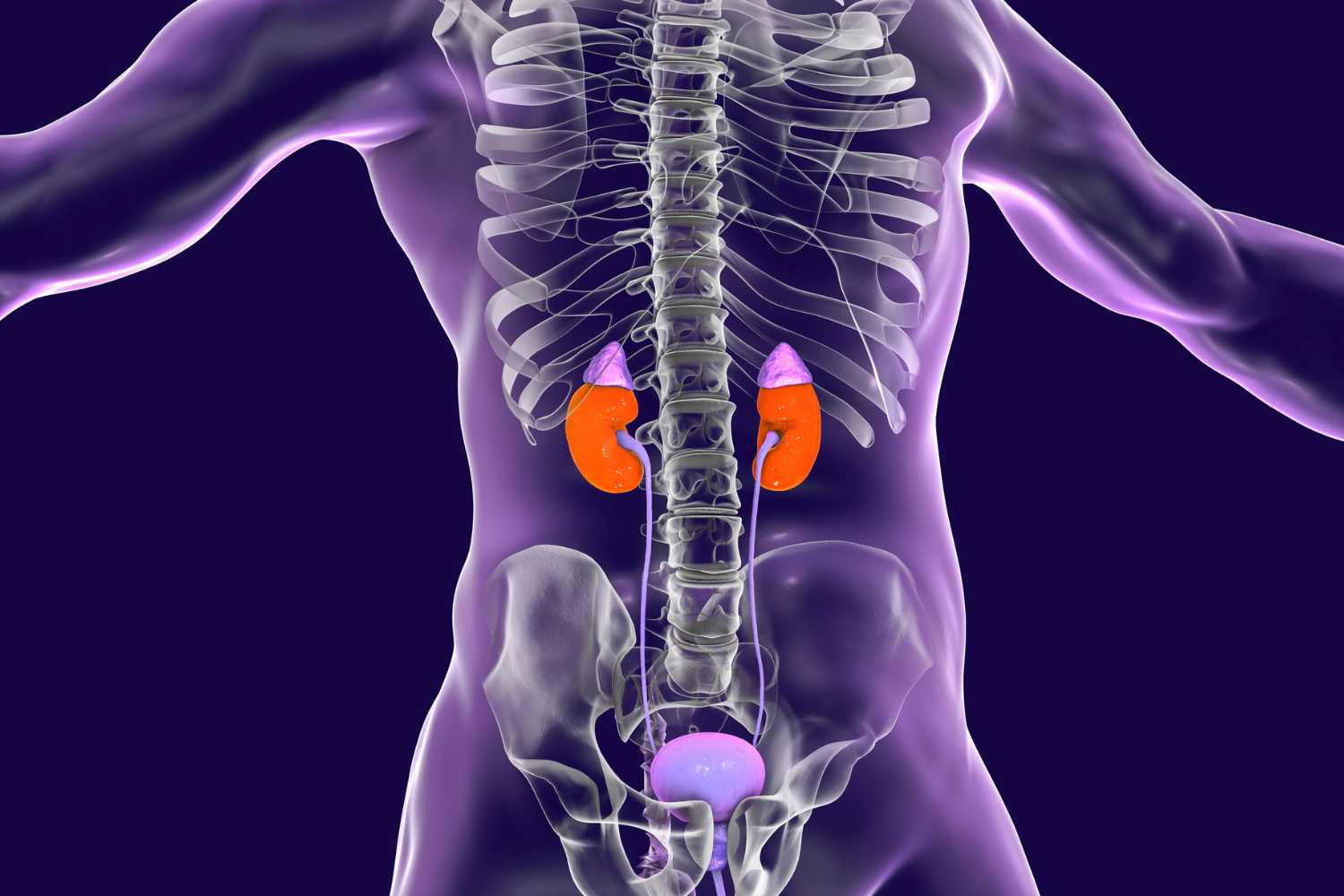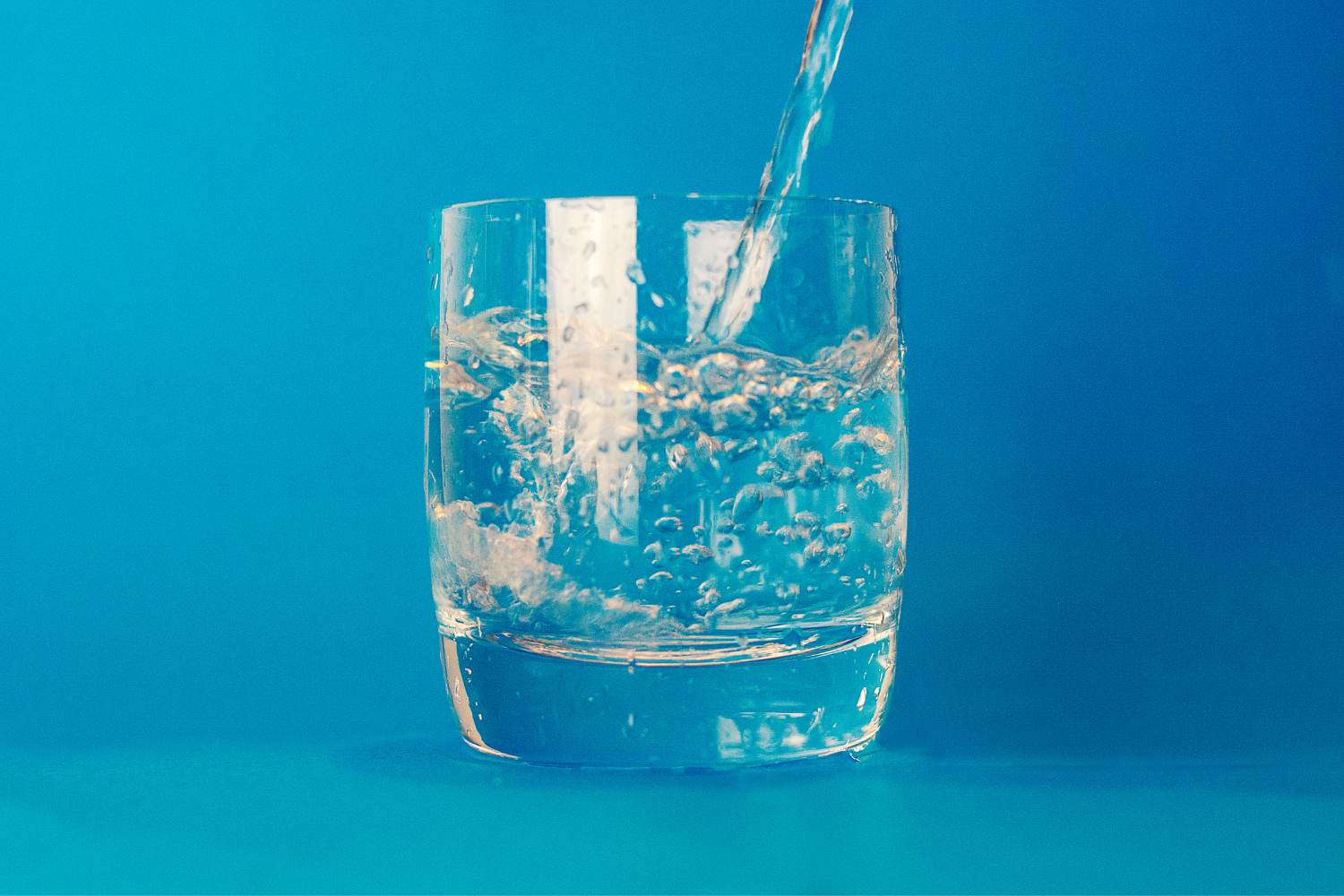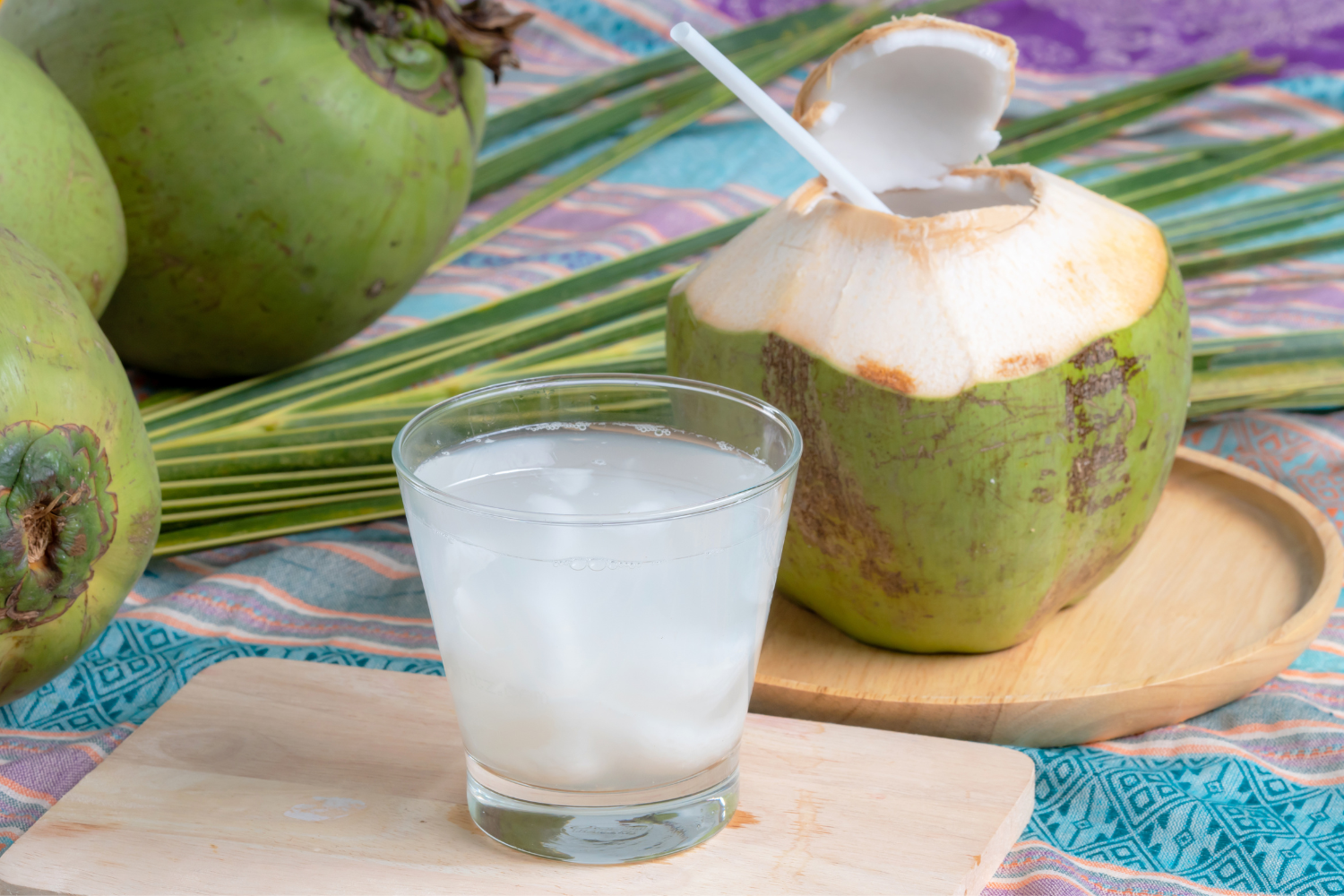Fasting can be challenging, especially when fatigue, headaches, muscle cramps, or brain fog set in—often linked to electrolyte depletion. During intermittent fasting, water fasting, or prolonged fasting, the body can lose sodium, potassium, and other essential minerals through sweat, urine, and other processes during fasting, especially if fluids are not replenished. Without adequate electrolyte levels, you may experience low energy, muscle weakness, or difficulty maintaining fluid balance and blood pressure. In rare cases of severe electrolyte imbalance, symptoms such as an irregular heartbeat can occur.
Adding fasting electrolytes through electrolyte supplements, electrolyte drinks, or natural electrolytes like herbal teas may help maintain electrolyte balance, support normal muscle and nerve function, and aid hydration during fasting. This approach may help support electrolyte balance, overall hydration, and comfort during fasting by maintaining hydration and mineral balance.

What Happens to Electrolytes When You Fast?
Fasting changes how your body manages water and essential minerals. Without regular food intake, electrolyte levels can drop, which affects muscle function, energy metabolism, and overall electrolyte balance. The longer the fasting window, the more important it becomes to monitor and maintain adequate electrolyte levels.
Why Fasting Increases Mineral Loss
Eating fewer meals means you get fewer electrolytes from foods high in essential minerals. On top of that, fasting often leads to more urination, which speeds up the loss of sodium, potassium, and other key electrolytes. This can disrupt fluid balance, blood circulation, and muscle contraction, especially during prolonged fasting.

Symptoms of Low Electrolytes During a Fast
Some people notice fatigue, muscle weakness, or lightheadedness while fasting. Others may feel brain fog, low energy, or experience muscle cramps and irregular heartbeat.
These signs can be linked to lost electrolytes and low fluid balance. If symptoms interfere with daily activities or physical activity, it’s important to consider electrolyte supplementation or adjust your electrolyte intake to restore adequate electrolyte levels.

Should You Take Electrolytes During Fasting?
Fasting electrolytes can help balance electrolytes, maintain fluid retention at healthy levels, and support muscle and nerve function. The right electrolyte supplementation plan can make fasting more sustainable while avoiding effects of low electrolyte intake.
Can You Take Electrolytes Without Breaking Your Fast?
Electrolytes that are calorie free and contain no artificial sweeteners are safe for most fasting styles, including intermittent fasting and water fasting. Plain water may not fully support electrolyte needs during extended fasts, particularly when mineral losses are higher due to activity or heat, so adding electrolyte drinks or natural electrolytes can help keep sodium, potassium, and other essential minerals in range without affecting your metabolic state.
Who Benefits Most From Electrolyte Support While Fasting?
Electrolyte drinks, electrolyte supplements, and natural options like coconut water or lemon juice can be especially useful for:
-
Intermittent fasters needing to maintain electrolyte balance during fasting windows.
-
Extended fasters (24+ hours) who lose more sodium and potassium through prolonged fasting.
-
Those on keto or carnivore diets requiring electrolyte support during low-carb adaptation, low electrolyte intake, or fluid balance issues.

What Electrolytes Are Most Important While Fasting?
During fasting, some electrolytes play a bigger role in keeping muscle and nerve function steady, supporting energy metabolism, and preventing electrolyte imbalance. Focusing on these key electrolytes can help you maintain adequate electrolyte levels and avoid common symptoms that disrupt your fasting journey.
Sodium: Supports Fluid Balance and Energy During Fasting
Sodium is essential for water balance, blood pressure regulation, and muscle contraction. It supports fluid balance and muscle function. Adding a pinch of salt to plain water or sipping on broth can help replenish fluids and provide minerals that support normal fluid balance during prolonged fasting or intense workouts.
Potassium: Keeps Muscles and Heart Functioning
Potassium works with sodium to support muscle contraction, cognitive function, and healthy blood circulation. It’s also important for kidney function and for supporting normal heart rhythm. You can get potassium from electrolyte supplements or potassium-rich waters, which help restore electrolyte levels without breaking your fast.
Magnesium: For Calm, Sleep, and Stress Support
Magnesium is involved in muscle relaxation, muscle mass maintenance, and the body’s stress response. It also plays a role in muscle relaxation, which contributes to normal energy metabolism and overall well being. Supplementing magnesium during fasting can help maintain electrolyte balance and reduce muscle cramps.

When Should You Take Electrolytes While Fasting?
Timing your electrolyte intake can make a difference in energy, focus, and physical performance. Spacing your intake through the day helps balance electrolytes without causing fluid retention or electrolyte overload.
Best Times to Take Electrolytes for Energy and Focus
Taking fasting electrolytes in the morning can help restore electrolyte levels after a night without food intake. They’re also useful before or after physical activity to support muscle function, fluid balance, and energy metabolism during your fasting window.
How to Dose Electrolytes Safely During a Fast
Start with small amounts and adjust based on activity level, body weight, and climate. Balance is key because too much of one mineral, especially potassium, can cause health concerns. Focus on maintaining electrolyte balance with steady, moderate electrolyte intake rather than large, infrequent doses.
Best Electrolyte Options for Fasting
The best electrolyte supplements for fasting help maintain electrolyte balance, support muscle and nerve function, and keep fluid balance steady without disrupting your metabolic state. A fasting-friendly product should restore sodium, potassium, and magnesium while avoiding ingredients that could break your fast or cause digestive system discomfort.
What to Look For in a Fasting-Friendly Electrolyte:
-
No sugar, sweeteners, or calories
-
Clean ingredients with a full spectrum of essential minerals
-
LyteLine offers electrolyte supplementation designed to support hydration, energy levels, and overall well-being during fasting

Maintain Energy and Focus With the Right Electrolytes During Fasting
Electrolytes play a direct role in sustaining hydration, cognitive function, and steady energy levels throughout your fasting window. Choosing the right electrolyte supplements, such as LyteShow, may help with occasional muscle cramps, temporary low energy, and mild brain fog related to fasting without affecting your fast. With adequate electrolyte intake, you can better support your fasting journey, help maintain electrolyte balance, and overall performance.
Frequently Asked Questions
Do electrolytes break a fast?
Electrolytes without calories, sugars, or fillers generally do not disrupt most fasting protocols.
What are the best electrolytes for fasting?
Look for sodium, potassium, and magnesium without sugar or additives.
Is salt water good enough for electrolytes while fasting?
It’s a helpful base, but may not fully replace all lost minerals.
How much electrolytes should I take during a 24-hour fast?
Start with low amounts and adjust based on hydration needs and individual response.
Can I drink electrolyte water every day while intermittent fasting?
Yes, especially if you're looking to support hydration and energy during fasting.
References
-
Bostock, E. C., Kirkby, K. C., & Taylor, B. V. (2017). The Current Status of the Ketogenic Diet in Psychiatry. Frontiers in psychiatry, 8, 43. https://doi.org/10.3389/fpsyt.2017.00043
-
Cahill G. F., Jr (2006). Fuel metabolism in starvation. Annual review of nutrition, 26, 1–22. https://doi.org/10.1146/annurev.nutr.26.061505.111258
-
Gennari F. J. (1998). Hypokalemia. The New England journal of medicine, 339(7), 451–458. https://doi.org/10.1056/NEJM199808133390707
-
Manz, F., & Wentz, A. (2005). The importance of good hydration for the prevention of chronic diseases. Nutrition reviews, 63(6 Pt 2), S2–S5. https://doi.org/10.1111/j.1753-4887.2005.tb00150.x
-
Palmer B. F. (2015). Regulation of Potassium Homeostasis. Clinical journal of the American Society of Nephrology : CJASN, 10(6), 1050–1060. https://doi.org/10.2215/CJN.08580813
-
Patterson, R. E., & Sears, D. D. (2017). Metabolic Effects of Intermittent Fasting. Annual review of nutrition, 37, 371–393. https://doi.org/10.1146/annurev-nutr-071816-064634
-
Popkin, B. M., D'Anci, K. E., & Rosenberg, I. H. (2010). Water, hydration, and health. Nutrition reviews, 68(8), 439–458. https://doi.org/10.1111/j.1753-4887.2010.00304.x
-
Tinsley, G. M., & La Bounty, P. M. (2015). Effects of intermittent fasting on body composition and clinical health markers in humans. Nutrition reviews, 73(10), 661–674. https://doi.org/10.1093/nutrit/nuv041



